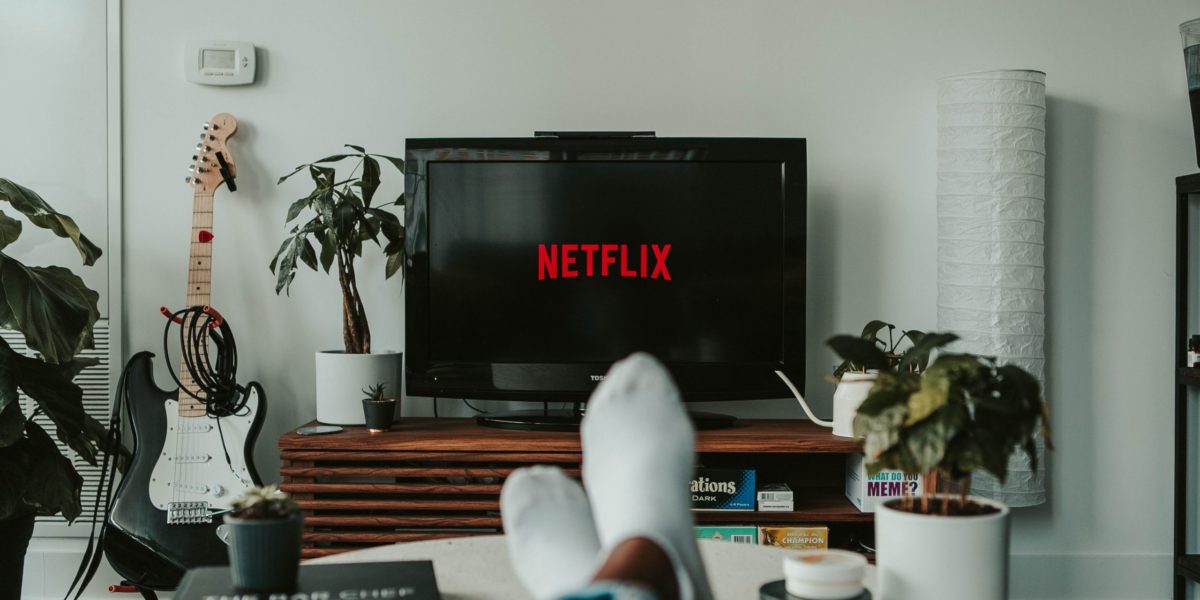As September draws to a close and the final quarter of the year looms, there’s one thing on my mind. Spotify Wrapped – a personalized summary of my listening habits this year – is marching ever closer and my reputation is on the line. I’m fearful of the rapid advances that ABBA and ‘Classical Focus’ made into my listening stats, and so a beloved but neglected mix of The Beatles, Kendrick Lamar, and Wolf Alice are on repeat in my pocket. I’m just hoping it will be enough.
In fact, the way I’ve been using Spotify has shifted over the last couple of years. From initially being my one-stop-shop for discovering new genres and releases, it’s transformed into being my primary news source (through podcasts), my WFH companion (through background music), and my wind-down mechanism (through sleep ambiance and throwback nostalgia tracks). And I’m not the only one.
Spotify recently released its Culture Next report, which explores how Gen Z and millennials are shaping audio streaming. One prominent trend is the incorporation of music streaming into self-care routines, with 77% of millennials and 67% of Gen Zs in the U.K. agreeing that they use audio to reduce their stress levels. The platform has become the access point for audio content that helps to brighten your daily rituals, broaden your perspective, and regulate your mental wellbeing.
But is it the place for discovering and sharing new music, and connecting with artists? Not so much – and particularly not for the younger generation. Revealing statistics in Spotify’s report hint at how the paradigm is shifting: 29% of Gen Z Spotify users in the U.K. say they’ve heard a song on social media and then searched for it on Spotify. So while the music streaming giant is still a dominant, trusted provider of audio content, it’s struggling to be a place where the next generation of music lovers are experiencing the joy of discovery or building relationships with artists.
For that kind of engagement, Gen Z is looking elsewhere. In a recent press release, TikTok stated that “80% of those on TikTok say that they discover new music on the platform and that it is the number #1 place for music discovery – more than other digital platforms, streaming services, and friends.”
On TikTok and Instagram, we can get closer to creators. The feedback loop means that artists can take fans on the journey with them – whether that’s posting tantalizing snippets of songs-in-progress or sharing live content – and create a collaborative experience that is far removed from the polished final product that eventually appears on Spotify.
It’s no longer Spotify vs. Apple Music. The lines are blurring between traditional social media companies, legacy media, and streaming services. Netflix has known for some time that they are not just competing with their rival streaming services like Hulu and HBO. In shareholder letters and earnings calls for the last five years, Netflix has included among their competitors TikTok, Fortnite, and even sleep!
In this ever-evolving, and increasingly competitive entertainment ecosystem, how can brands differentiate their offering and prove their value to the next generation of fans?



1 Comment